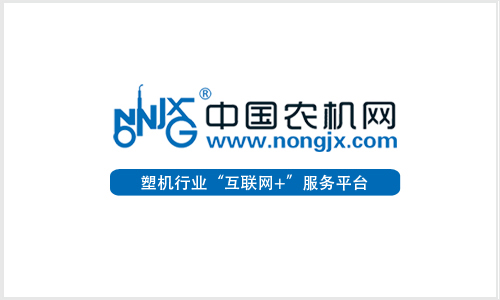The light weighting of building materials is a pursuit of designers, and aluminum alloy die-castings are widely used in the construction industry due to their light weight, high strength, and corrosion resistance. One important application of aluminum alloy die-castings is balcony railings. Die-castings include railing bases, railing end caps, railing corner connectors, and so on. Aluminum Railing Accessories,Aluminum Railing Parts,Aluminum Railing Shoe,Aluminum Die Casting End Cap Foshan City Yuwei Aluminum Products Co.,Ltd. , https://www.wakfenn.com
The Ministry of Agriculture responded "Whether corn will become the second soybean"
[China Agricultural Machinery Industry News] Since last year, China's corn prices have experienced a rare decline. To this end, the Ministry of Agriculture initiated agricultural supply reforms to reduce corn planting and increase the area planted with soybeans and other alternatives. Nowadays, corn has been greatly reduced, and the output of its substitutes is increasing, so some people are worried that corn will become the "second soybean." In response, the Ministry of Agriculture responded that corn will not become the "second soybean."
The Ministry of Agriculture responded "Whether corn will become the second soybean"
This year, corn has been significantly reduced. The original plan is to reduce 10 million mu, and the import of corn and its substitutes is increasing, so some people worry that corn will become the "second soybean". Zeng Yande, director of the Department of Plantation, believes that corn will not become the "second soybean."
"In spite of the current oversupply of corn, it needs to be appropriately reduced. If there is a sharp decline in corn production, once the national food security is compromised, there will be many policy measures to maintain stable development of corn production." Zeng Yande said that one is corn. As an important grain variety, it is guaranteed. The central government clearly put forward the strategy of building a national food security under the new situation, and also clearly put forward the strategic bottom line of “ensure the basic self-sufficiency of grain and the safety of rationsâ€. This indicates that wheat, rice and other rations are mandatory, and corn as an important grain variety and energy feed must also maintain a stable level of self-sufficiency, which is strategically determined.
Second, the current reduction is a non-preferred zone with limited impact. This round of adjustment is to consolidate the dominant production areas, and appropriately reduce the northeast cold area, the northern farming-pastoral area, the northwest arid area and the southwest rocky desertification area. The impact of this area on food security It is limited.
Third, there are trade control measures that can play a role. According to the WTO commitments, China has no quota restrictions on soybean imports, and implements a single tariff management with an import tariff of 3%. The quota management of corn is implemented. The total quota is 7.2 million tons, the tariff within the quota is 1%, and the additional tariff is 65%. In recent years, the actual annual import volume of China's corn is within the quota, mainly due to the increase in imports of alternative products. In addition, the world soybean trade volume is 117 million tons, which is higher than China's soybean consumption, and the import supply is sufficient; while the world corn trade volume is only about 120 million tons, accounting for only about 60% of China's corn consumption.
Zeng Yande further pointed out that during the “Thirteenth Five-Year Plan†period, the state carried out large-scale construction of high-standard farmland, and proposed to ensure the completion of 800 million mu, and strive to build 1 billion mu of concentrated contiguous, drought-stricken, stable, high-yield, eco-friendly high-standard farmland. Keep grain in the land." It can be said that we have confidence in safeguarding national food security, and we can do it with the Chinese people's jobs.